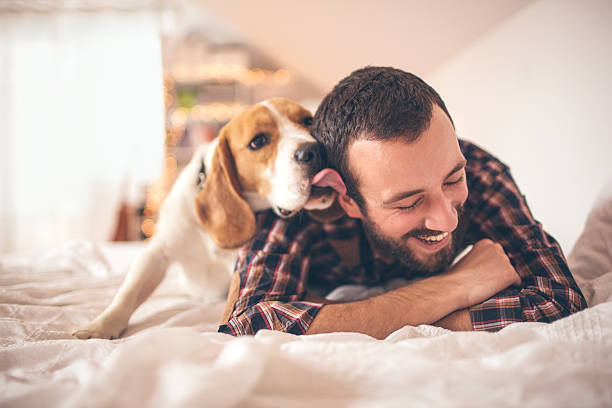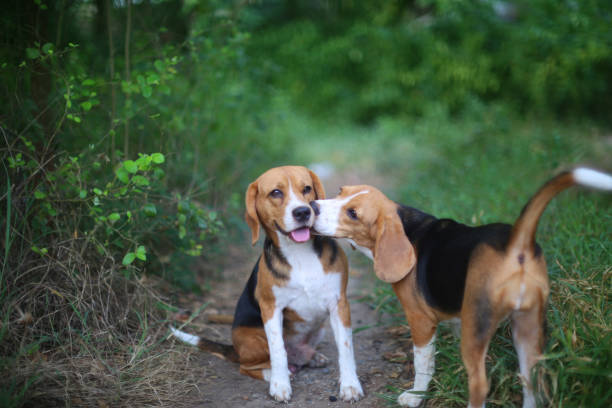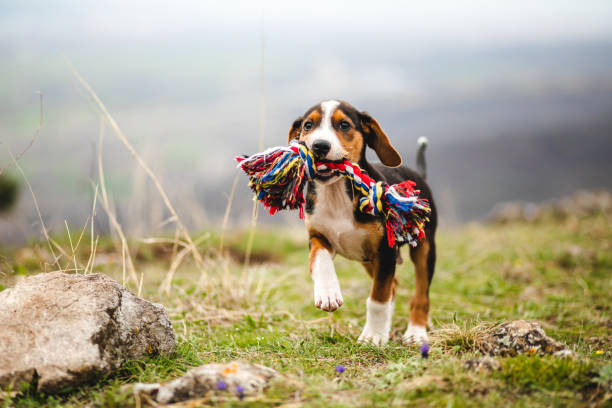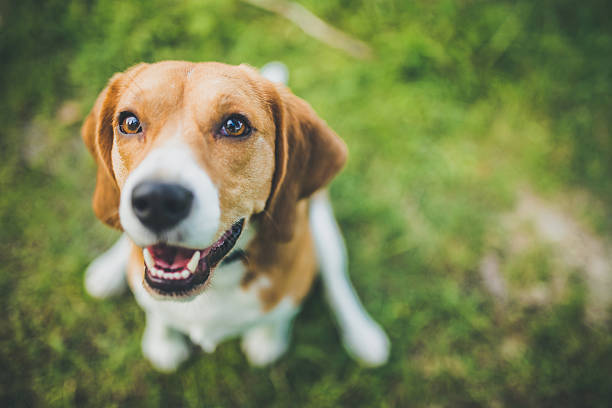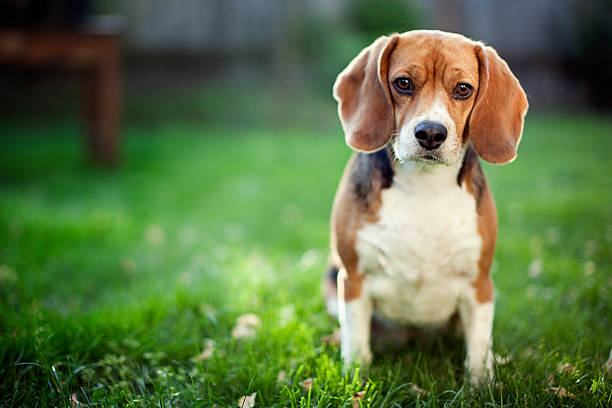The Beagle, with its distinctive appearance and amiable personality, is a small to medium-sized breed that has captured the hearts of dog enthusiasts worldwide. Known for its keen sense of smell and friendly demeanor, the Beagle has a rich history and unique characteristics that make it a popular choice for families and individuals alike.
Origin and History: The Beagle’s origin can be traced back to ancient times, with roots in hound breeds developed in England. Initially bred for hunting small game, particularly hare, the Beagle’s compact size and exceptional sense of smell made it an ideal companion for hunters. Over the centuries, the breed evolved, and the modern Beagle we know today emerged in the 19th century. The breed gained popularity in the United States in the mid-20th century, thanks in part to its role as a family-friendly pet.
Physical Characteristics: Beagles are characterized by their distinctive appearance. They have a sturdy and well-proportioned build, typically weighing between 20 to 30 pounds. Their head is broad, featuring a domed skull and a short, square muzzle. Beagles have expressive brown or hazel eyes that convey intelligence and warmth. One of the most recognizable traits is their long, droopy ears, which contribute to their endearing look.
Coat and Color: Beagles boast a short, dense coat that is easy to maintain. Their coat comes in a variety of colors, with the tricolor combination of black, white, and tan being one of the most common. Bicolor and lemon-colored Beagles also exist. Their coat serves as protection during outdoor activities, and their moderate shedding makes them suitable for families with mild allergies.
Temperament: Beagles are renowned for their friendly and sociable temperament. They are excellent family dogs, known for their affectionate nature and love of companionship. Beagles typically get along well with children and other pets, making them a popular choice for households seeking a four-legged friend. Their playful and curious disposition requires mental and physical stimulation to prevent boredom-related behaviors.
Intelligence and Trainability: Beagles are intelligent dogs with a strong sense of independence. While this trait can sometimes lead to stubbornness during training, their food motivation and eagerness to please make them trainable with patience and positive reinforcement. Early socialization is crucial to ensure that Beagles grow into well-behaved and adaptable companions.
In conclusion, the Beagle’s charming personality, distinctive appearance, and rich history contribute to its enduring popularity. Whether as a loyal hunting companion or a beloved family pet, the Beagle’s friendly nature and adaptable temperament make it a cherished breed for those seeking a delightful canine companion.
